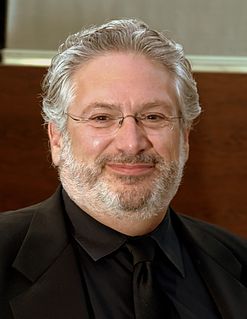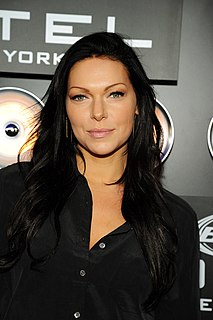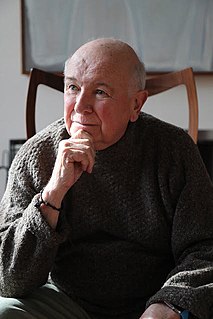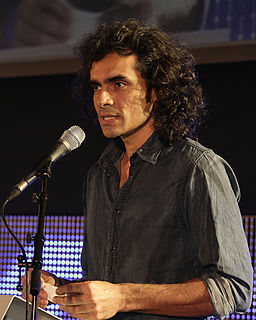A Quote by Charles Keating
Indeed, the actor's lot is a much harder one than that of the director's, from one simple standpoint: The actor has to play the eight shows a week.
Related Quotes
Performing as a musician is a lot different than performing as an actor. As an actor, you can hide behind the character in the play, and there's a director and other actors. When you're a musician, you're right there. It's sort of like being a comedian. You're giving the audience in real time something authentic from yourself. As an actor, my bullshit meter was going off like crazy at my first attempts to find my own rock star.
My schedule is completely different doing a play than it is doing a movie, and I actually think it's a much harder schedule because you've got to do it eight times a week and you've got to do it good eight times a week and with different kinds of audiences who are cold or drunk or tired, whatever it is.
There's a million and one things an actor can do with a villain. He can go for all kinds of quirks and tricks. The hero is much harder to define for an actor. When you play a straight role or a hero, you're kind of stuck, It's much more difficult to give a good guy interesting qualities or to make him unusual.
Stepping out of the director's chair completely and into a scene as an actor was weird. It was more excitement about directing than anything, but I was on a high from being a director and enjoying that process so much that going back to being an actor was almost secondary because I really was loving directing.
Work with good directors. Without them your play is doomed. At the time of my first play, I thought a good director was someone who liked my play. I was rudely awakened from that fantasy when he directed it as if he loathed it. . . . Work with good actors. A good actor hears the way you (and no one else) write. A good actor makes rewrites easy. A good actor tells you things about your play you didn't know.
As a director, I have to do everything. As an actor, I'm just worried about one role, that's it. As a director, everything is important. Everything is something you have to be very detailed and specific about in telling a story. So for me, the job is far greater than just being the actor, there's a lot more responsibility creatively, technically.
Every director is always directing around the play. If you have an actor who really doesn't get the character well enough, you have to direct the play around that character. You have to make choices with that actor. If you have an actor that really doesn't get the role and has certain visions of the role, sometimes you have to direct around that actor.
I love the variety of films. In theater, you go into a room and the director runs the room, so you all work to his or her method. On film, if an actor or an actress is in for a day or two, the director has to get out of that actor what they need, so they have to change and adapt to that actor's technique.
When an actor plays a scene exactly the way a director orders, it isn't acting. It's following instructions. Anyone with the physical qualifications can do that. So the director's task is just that – to direct, to point the way. Then the actor takes over. And he must be allowed the space, the freedom to express himself in the role. Without that space, an actor is no more than an unthinking robot with a chest-full of push-buttons.



































